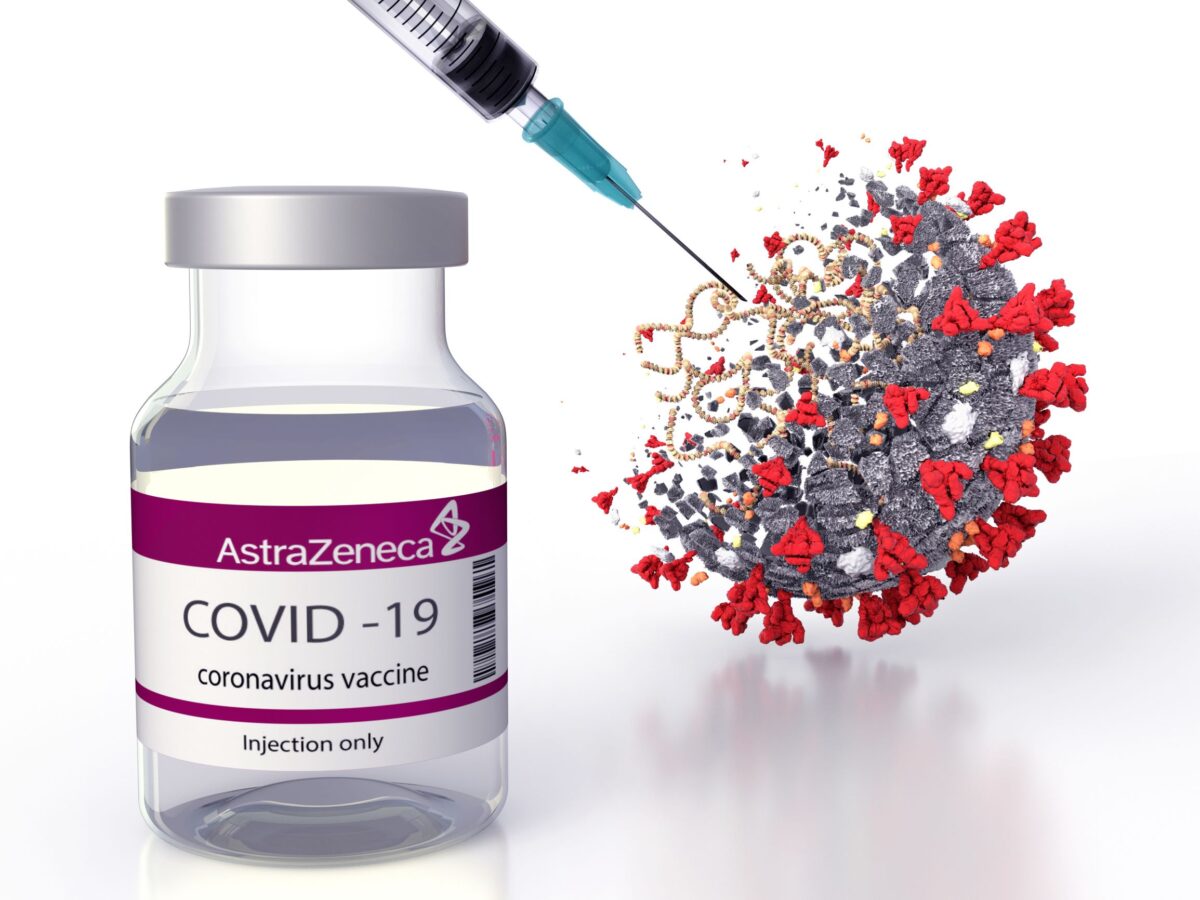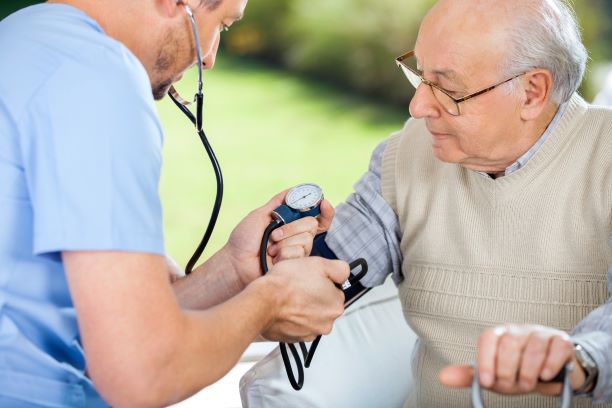AstraZeneca vaccine Phase 2A updated 17th May 2021
Who qualifies :
- People aged 50 years and over
- Aboriginal and Torres Strait Islander people aged 16-49 years
- Other critical and high risk workers
There have been changes to the advice around the COVID-19 vaccines. The Pfizer vaccine is now preferred to the AstraZeneca vaccine for adults aged under 50 years. This recommendation is based on:
- the higher risk that older people have of getting really sick from COVID-19
- and the potentially higher risk of people under 50 years developing thrombosis with thrombocytopenia following AstraZeneca vaccine. This is a rare syndrome that involves blood clots.
ATAGI (Australian Technical Advisory Group on Immunisation) have clearly said that the AstraZeneca vaccine can still be used in adults under 50 years. This will be the case:
- where the benefits of being vaccinated are higher than the risks of this rare condition,
- and where the patient has made an informed decision based on an understanding of the risks and benefits (an informed consent).
Everyone who has already had their first AstraZeneca vaccine dose with no serious side effects can receive their second dose.
Common side effects from the COVID-19 vaccine usually last a couple of days, such as feeling mildly sick, having a sore arm, headache or fever.
Advice for people with weakened immune systems (immunocompromise)
People with immunocompromise includes those who have a medical condition or are taking medications that weaken their immune system. People with immunocompromise, including those living with HIV, have a higher risk of severe illness from COVID-19, including a higher risk of severe illness and death.
The Australian Government strongly recommends people with immunocompromise receive a COVID-19 vaccine. COVID-19 Vaccine AstraZeneca does not behave like a ‘live vaccine’. The adenovirus carrier has been modified so that it cannot replicate or spread to other cells, and it cannot cause infection. It is safe in people with immunocompromise.
What is this side effect that everyone is talking about associated with the AstraZeneca vaccine?
According to available data, symptoms of this rare syndrome usually came up between 4 to 20 days after the first dose of the AstraZeneca vaccine. It usually appears as a headache that doesn’t go away with pain medication (like paracetamol or ibuprofen), vomiting, confusion and/or seizures.
People should seek medical attention immediately if they experience any of the following symptoms:
- severe persistent headache
- neurological symptoms (blurred vision, difficulty with speech, drowsiness, seizures)
- shortness of breath
- chest pain
- swelling in your leg
- persistent abdominal (belly) pain
- tiny blood spots under the skin away from the site of injection.
There is evidence of a likely link between the AstraZeneca vaccine and an extremely rare blood clotting syndrome (thrombosis with thrombocytopenia).
Is the AstraZeneca vaccine safe?
Yes. The individual benefit-to-risk balance of vaccination with the AstraZeneca COVID-19 vaccine varies with age. This balance is based on factors including the increased risk of complications from COVID-19 with increasing age and the potential lower risk of this very rare, but serious, adverse event with increasing age. ATAGI has recommended the AstraZeneca vaccine remains safe to be given to people aged 50 years and over.
I have had my first dose of the AstraZeneca vaccine, what do I do now?
If you have had your first vaccine dose without this side effect or other serious adverse effects, you should receive your second dose booked in with us at 12 weeks.
What if I am worried about side effects?
If you have recently had your first vaccine dose and are experiencing any side effects that you are worried about, Please book an appointment to see your regular GP.
I’m booked in for my first dose of the AstraZeneca COVID-19 vaccine, what do I do?
If you are an adult aged over 50 years, you should only receive a first dose of AstraZeneca COVID-19 vaccine where the benefit of receiving the vaccine clearly outweighs the risk in your individual circumstance. You may wish to discuss your individual benefit-to-risk balance with your doctor.
Information about how to receive the Pfizer COVID-19 vaccine will be available on the Department of Health website shortly.
For further information please contact the COVID-19 Helpline on 1800 020 080
https://www1.racgp.org.au/newsgp/clinical/astrazeneca-and-pfizer-what-are-the-side-effects-f
https://www.health.gov.au/initiatives-and-programs/covid-19-vaccines/learn-about-covid-19-vaccines/about-the-astrazeneca-covid-19-vaccine





